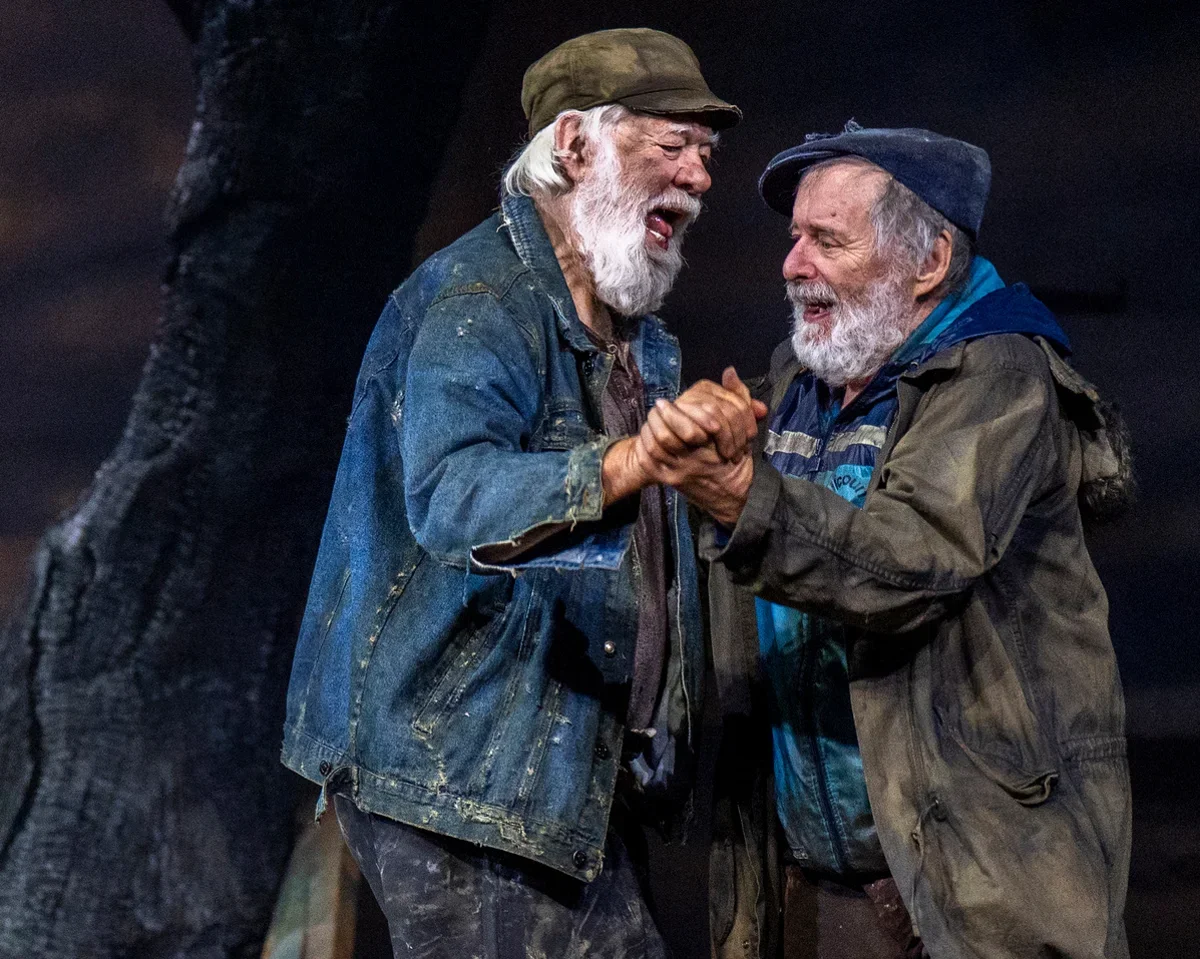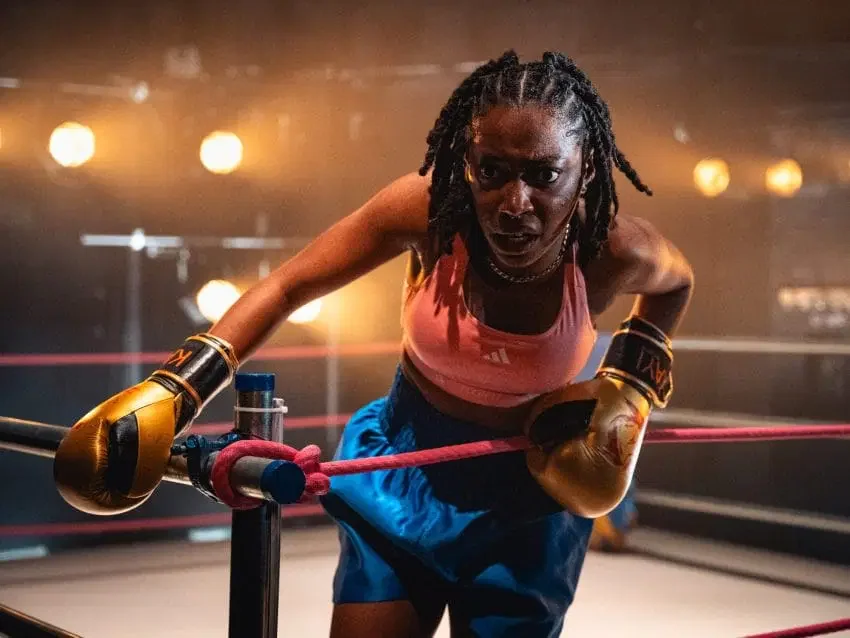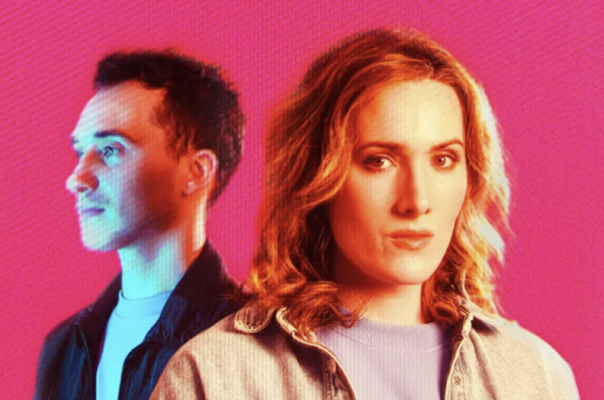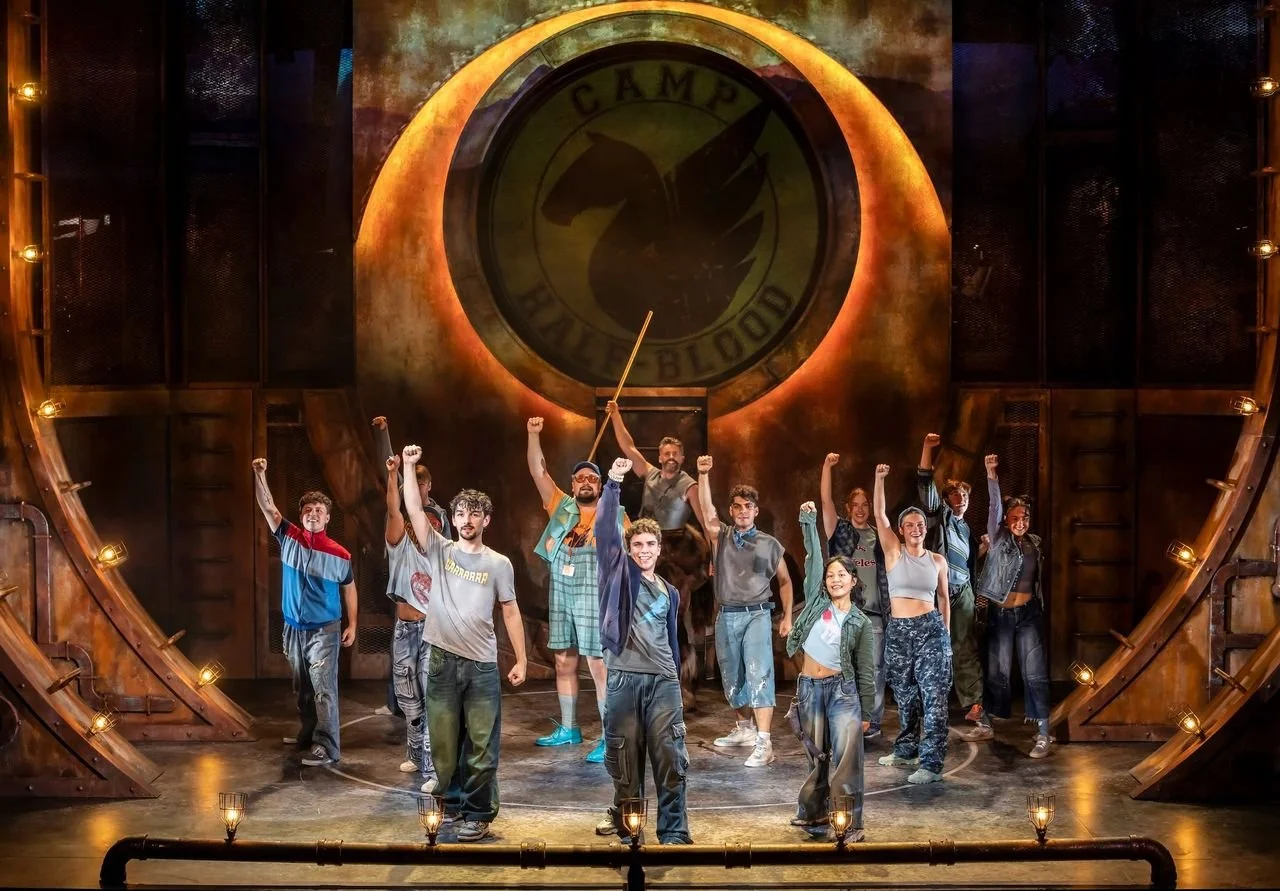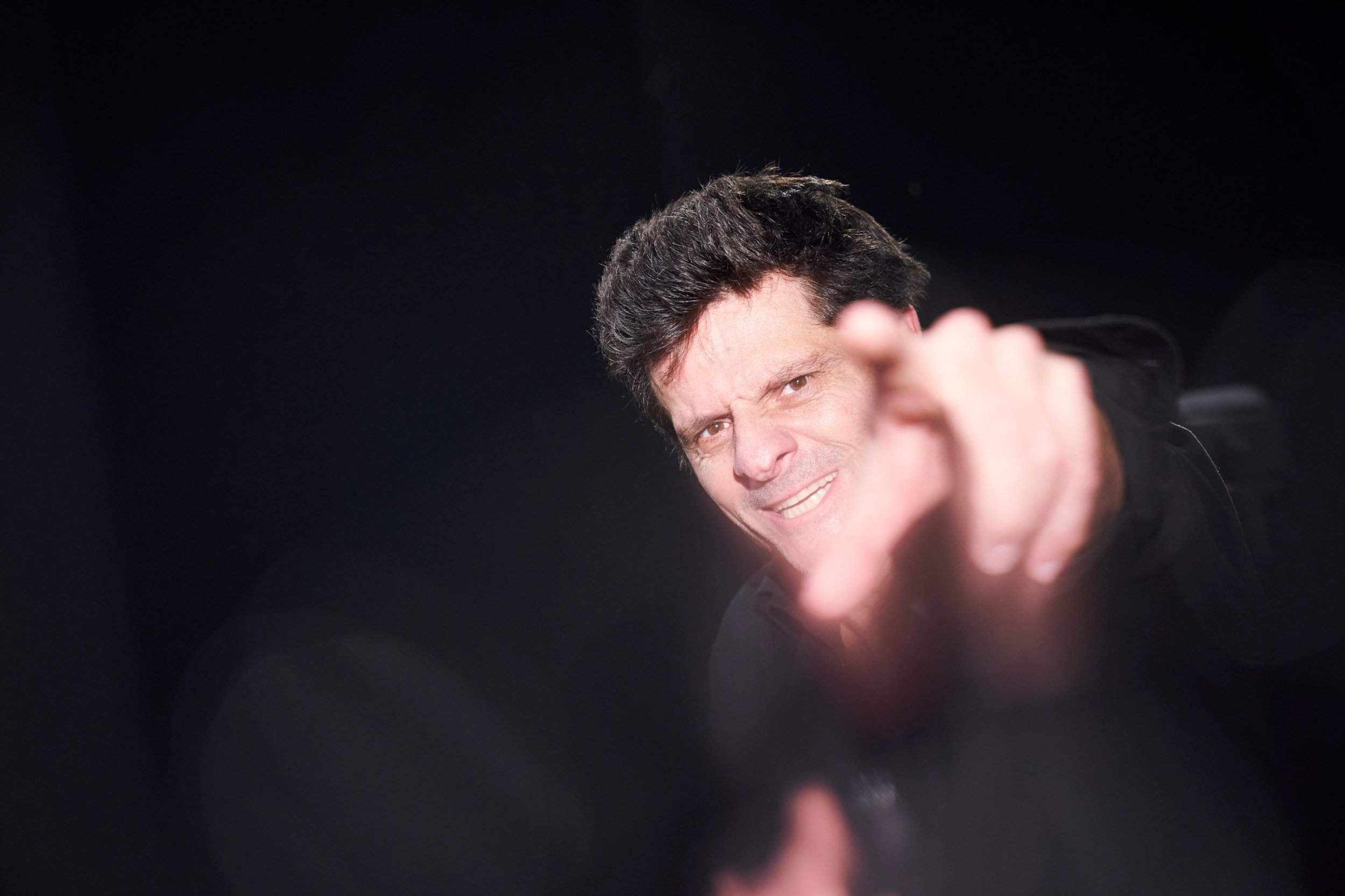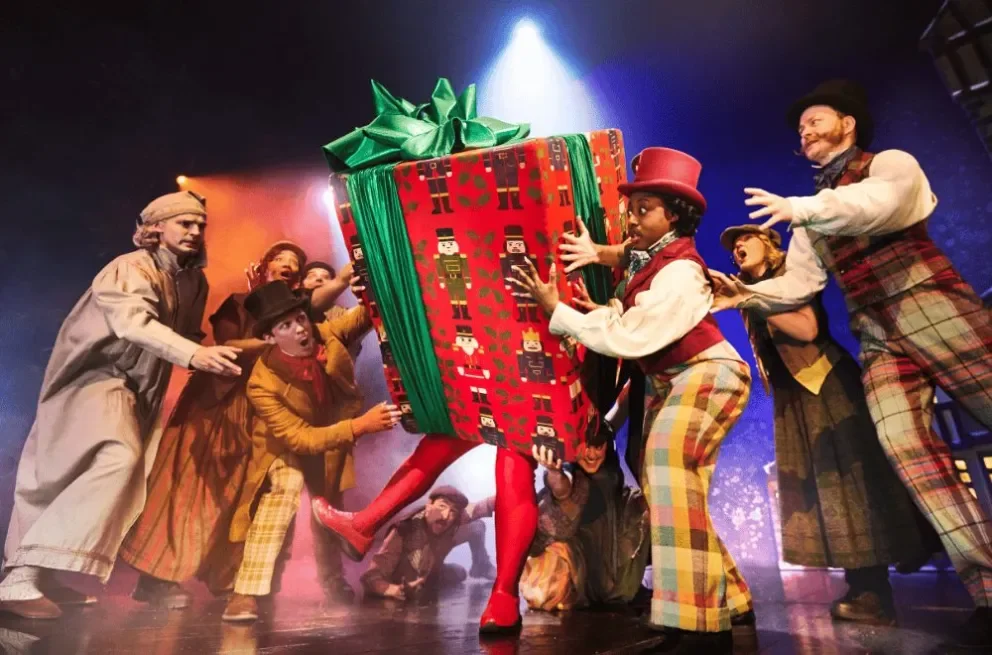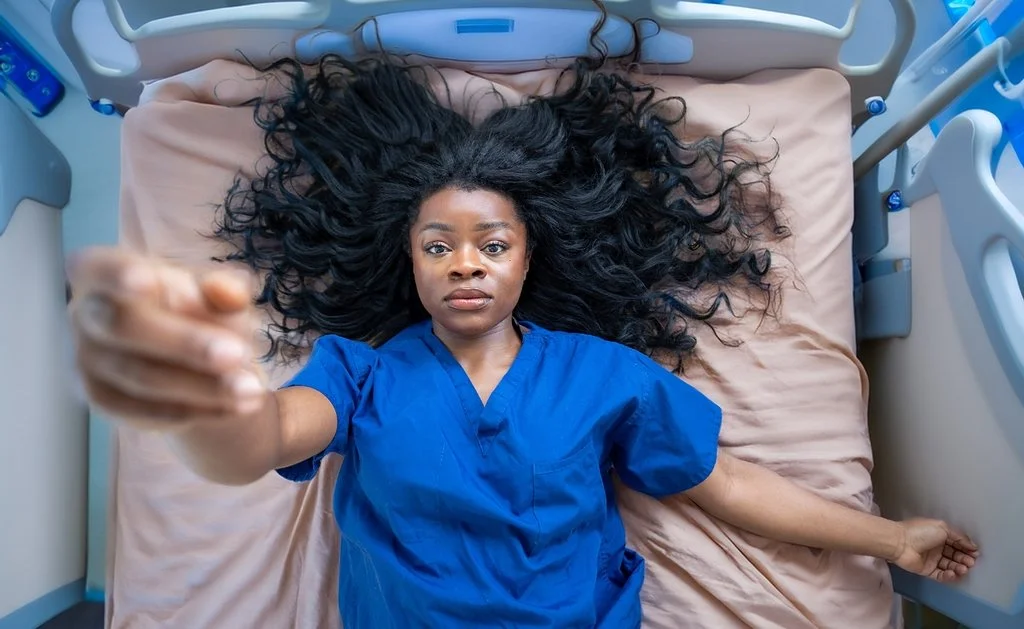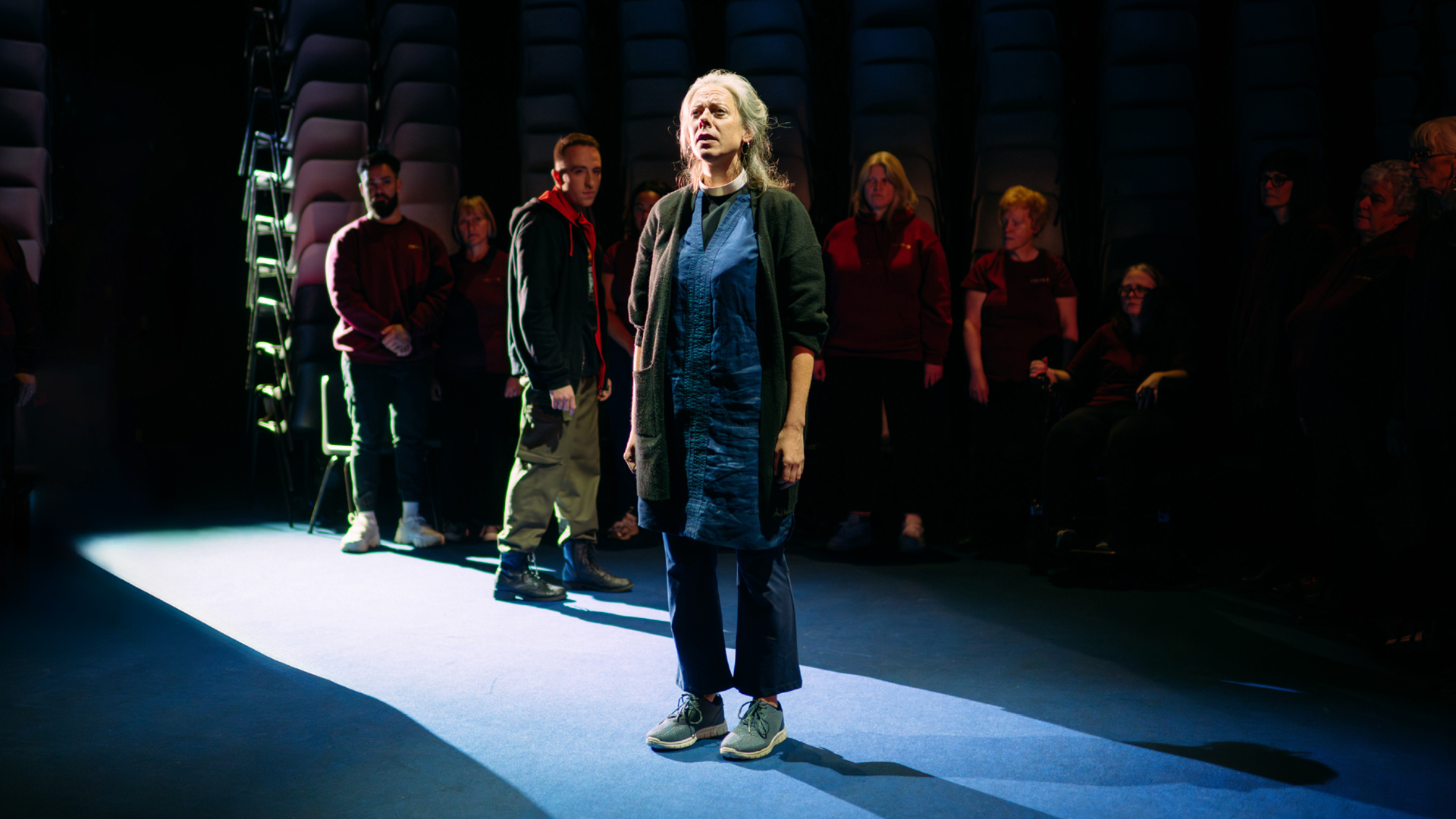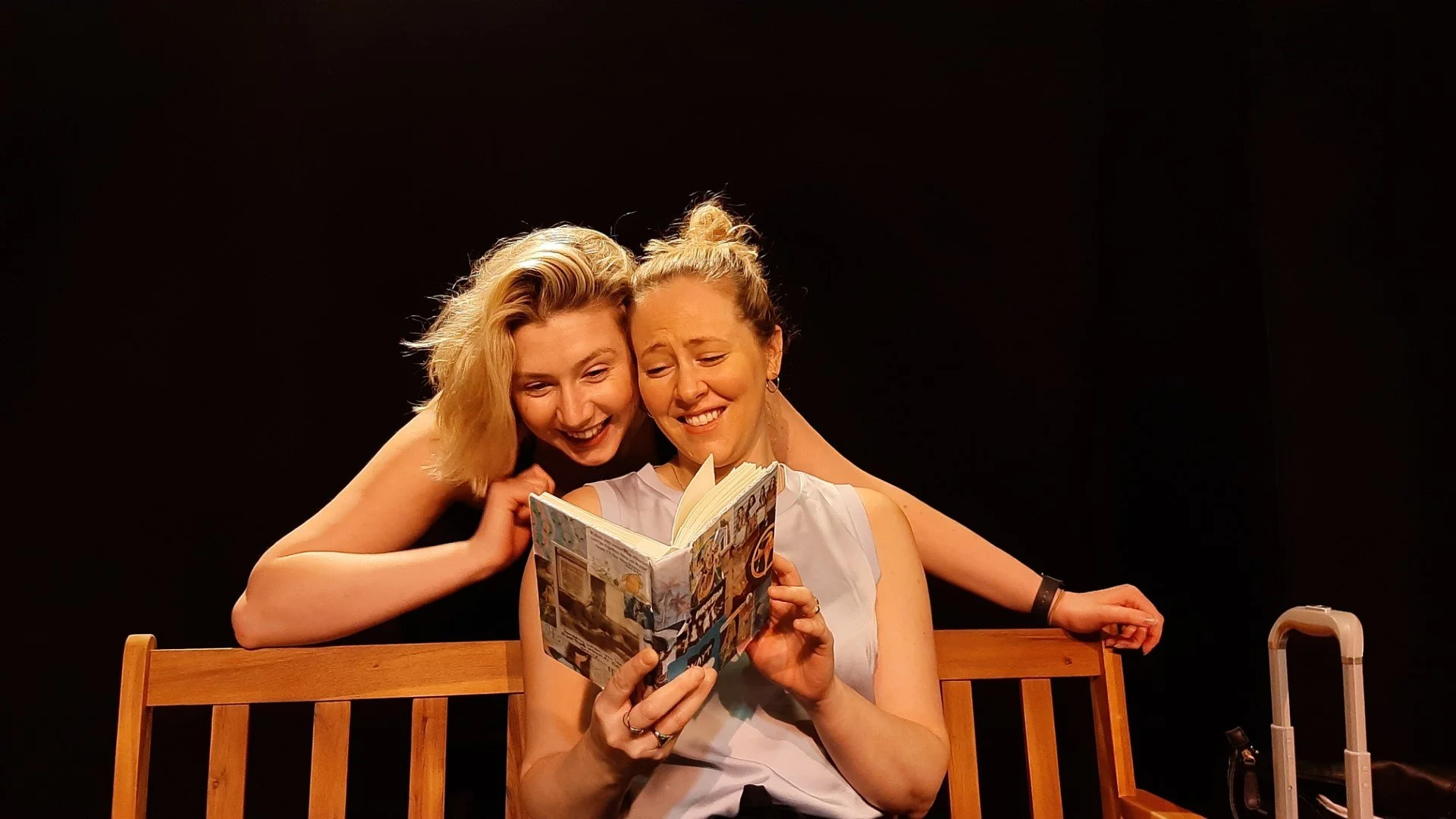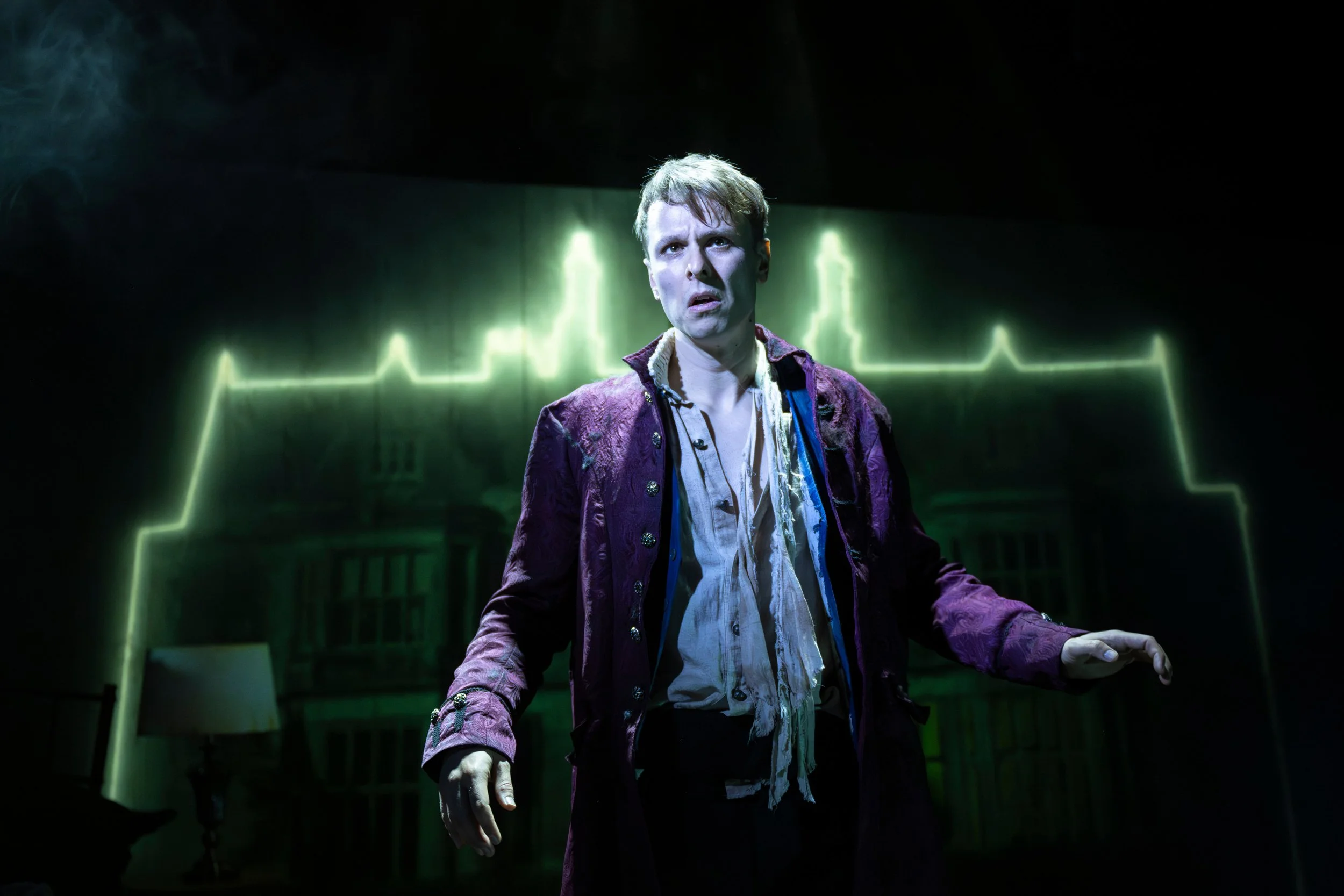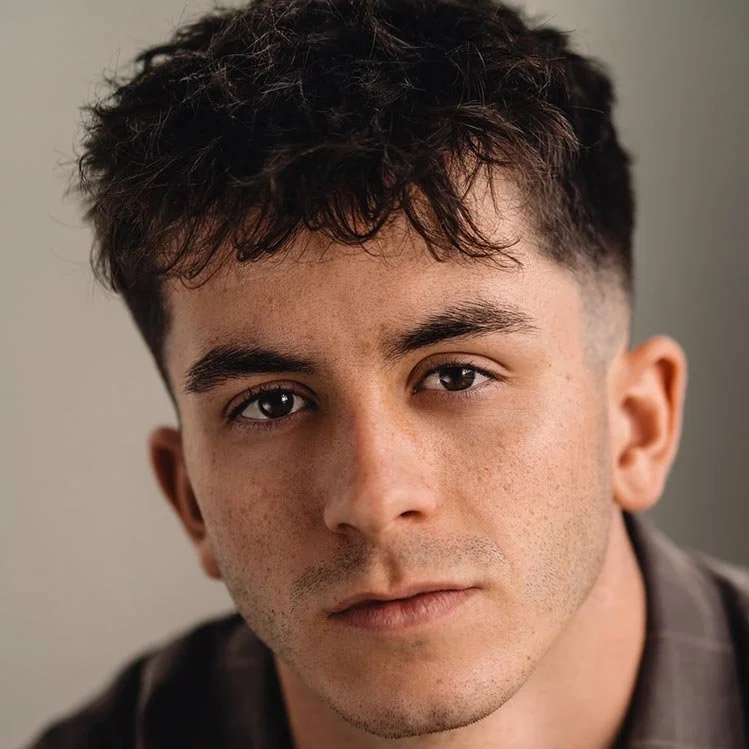Interview with Sophie Cartman, War Horse UK Tour
Conducted by Emmie for Theatre and Tonic
The National Theatre’s acclaimed production of War Horse, based on the novel by Michael Morpurgo, is back on the stage on a major UK and Ireland tour. The extraordinary theatrical experience for all ages takes audiences on a journey from the fields of rural Devon to the trenches of First World War France. We chatted with Sophie Cartman who performs in the tour, to find out more.
Can you start by introducing yourself and telling us a little bit about the story of War Horse?
War Horse is a story about a friendship between a boy and his horse, and the horse goes off to war and the boy follows him out there to try and bring him home.
What initially drew you to War Horse and, in particular, the role of Matron Callaghan?
I was drawn to the story primarily, it’s such a powerful piece, based on the book by Michael Morpurgo. The production has been running for nearly 20 years, with successful tours in the UK and internationally, so the prestige of it really appealed to me. When the audition came up, I was incredibly excited. Interestingly, I didn’t originally audition for the role of Matron, but that’s the part I was offered. I’m also covering several roles, mainly Albert’s mum, Rose, and a few other female characters, though with fewer women in the show, the options are more limited.
How did you prepare to portray a character during World War I, and what kind of research did you undertake for the role?
Especially for Mason Callahan, they were really robust with the amount of material that we had during the rehearsal process. So they literally had a little library with a whole load of books that they provided. One book I found particularly useful focused on women in the war and included a section on nursing. I also read parts of Black Poppies, which explores the experiences of Black people during the First World War, including nurses from the Caribbean and other parts of the world.
I imagined my character, Matron, as being from London and sent out to the front. Since a matron is the head nurse, she would have hired and supervised the other nurses, so she’s highly experienced and deeply understands the people she works with. I based her partly on a real-life matron named Maud, who worked at a London hospital and conducted early research into anaesthesia and PTSD in soldiers. I found a detailed article about her just by searching for First World War nurses, and I drew from her story to shape my character.
Did you find out a lot of things that you didn't know before by doing that research?
Definitely! I thought it was really cool because the scene I’m in happens right near the end.
In the scene, my character is working at a clearing station, which is basically a pop-up hospital used until the wounded can be transferred to a more permanent facility. But even though it’s temporary, it’s pretty comprehensive. There’s an operating area, a matron’s office, and lots of beds—it really does function like a proper hospital.
I actually found a hand-drawn plan of a clearing station, which I thought was fascinating. I can’t remember who drew it, but it had all the key areas marked out, including the matron’s office, which was right next to the operating theatre.
In the scene, there’s a lot of background action going on, so I mostly move around, pretending to check on the soldiers and ask how they’re doing after their operations. There are quite a few soldiers in that moment too, so it all feels very real and intense.
What is it like to be a part of such an impressive show like War Horse?
It’s a real privilege, and I feel as though it's at its best right now. There have been a lot of positive changes in terms of production and design. They’ve brought out more animated projections, because before it was just the images, but now it’s actually animated. This brings a lot visually for an audience member to enjoy. It's not just what's happening on stage, and obviously, the soundscape and the music. So it's a whole visceral experience.
One of the most recognisable elements of this production is the puppetry - what is it like acting alongside such unique and expressive creations on the stage?
I think the most powerful thing is that you end up focusing entirely on the horse itself. As a spectator, you almost forget the puppeteers are there—it’s truly magical. Your attention is drawn solely to the horse, and because I cover Rose and Paulette, who both interact with Joey, those scenes feel really special. Even as Matron, I have a moment with him when Joey enters the clearing station, and again, your entire focus is just on the horse.
You also have to act with a sense of realism. For example, you wouldn't stand directly behind a real horse—that’s dangerous, as they can kick—so you have to apply that same awareness to the puppet. Luckily, I’ve had quite a bit of experience around horses, and most people have some understanding of how to behave around them. So we treat Joey and Topthorn as if they’re real animals—with sensitivity, respect, and care. Horses are majestic and powerful, but they can also be unpredictable and dangerous, so there’s always that balance to find.
When I play Rose or Paulette, they each have their own relationship with the horses, and those moments are full of warmth and affection, just like you’d show a beloved pet. Stroking them, talking to them… it feels incredibly natural. The way the puppeteers operate the horses is amazing—when Joey nuzzles you, it feels so real. You genuinely connect with the horse, and that connection can be really moving.
What is it about War Horse which has been so popular with audiences and why should more people come to see it during the tour?
I think what has made it incredibly popular is the magical element of it, the horses themselves, especially because that’s a unique thing. Also it’s the connections and the companionships and all the themes. Everyone can relate to it and connect to it in their own way.
Finally, how would you sum up War Horse in three words..
Compelling, inspiring and magical.
War Horse is embarking on a UK and Ireland tour until 8 November 2025, where it completes its run at Theatre Royal, Norwich.



